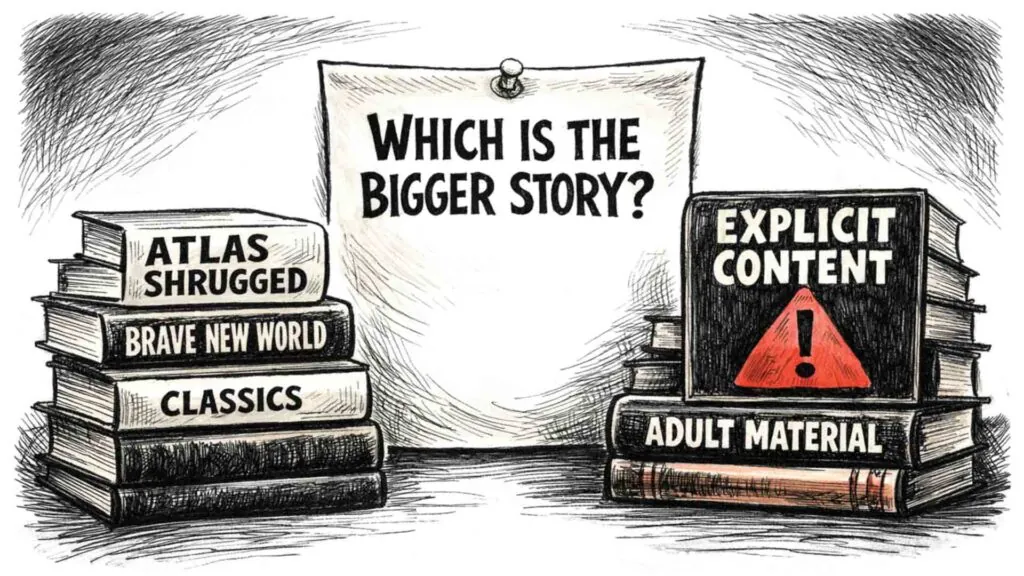When renown theoretical-physicist and atheist Stephen Hawking, 76, passed away March 14, it made headlines around the world. He was probably the world’s best known scientist, his fame due in part to his 10-million copy bestseller A Brief History of Time: From the Big Bang to Black Holes. He was also known for his decades-long battle with ALS that confined him to a wheelchair and took his ability to speak, forcing him to communicate via a distinct computer-generated voice.
In a tribute to the man, radio talk show host Glenn Beck addressed how the world doesn’t properly value the disabled:
“Stephen Hawking is a prime example that all life is precious and has meaning. How would [Planned Parenthood founder] Margret Sanger or [eugenicist] George Bernard Shaw view Stephen Hawking? They would say he didn’t have any quality of life. They would say he was disabled and therefore a burden on society. They would say he was worthless.
“All of those sentiments are untrue. The world is a better place because Stephen Hawking chose to live his life to the fullest despite his crippling disease. He leaves behind a loving wife, three children and a legacy unmatched by many. Agree with him or not, he challenged our perception of the universe. But more than that, he showed us that no one can define your life except you. You are the master of your own world.”
As a Mormon, Beck speaks from a generally Judeo-Christian perspective, and thus often defends the disabled. But while his sentiments here are right, his argument is wrong.
In its push for euthanasia and abortion, the world argues that life is worth living only so long as we can be productive. Thus they justify euthanasia as the best end to a person’s life who, due to age, has become infirm. Similarly, the world touts abortion as the best “treatment” for unborn children with Down syndrome; since their disability will limit what they can do, their lives are not valued.
To put it in more formal terms the world argues:
- If you can’t do much then your life isn’t worth much,
- And the disabled can’t do much;
- Therefore their lives aren’t worth much.
Beck counters this argument by disputing the second premise: yes, Hawking was severely disabled but look at all he was able to accomplish! Some disabled people can do amazing things!
This point is true enough. But in attacking only the second premise, Beck gives credence to the first. He acts as if the world is right: our lives are valuable only if we can do, and achieve, and accomplish.
In granting this point, Beck is (albeit inadvertently) attacking the worth of any who are so severely disabled they can’t do much. Yes, some disabled people can make notable accomplishments…but what of those who cannot make decisions for themselves, can’t define their own lives, and are not the masters of their own world?
Beck has lost sight of where our worth comes from. It isn’t found in what we can do, but instead is found in Who made us. We are all made in God’s Image, from the smallest unborn baby, to the most aged and infirm adult – this is why all lives are valuable and should be respected. This is also the only way in which we are all equal, and thus the only basis for equality.
Beck was half right – many disabled people are able to accomplish notable things. But this is an example of how being half right is sometimes the same as being horribly wrong.











